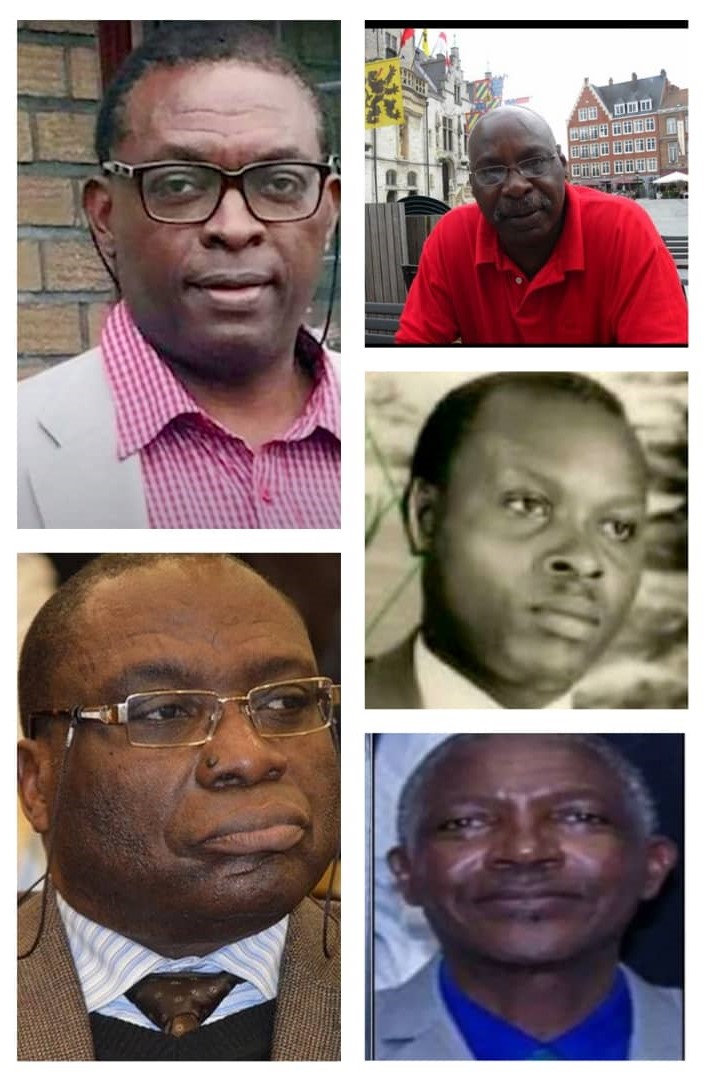Rwanda saw 100 days of bloodshed when more than one million people lost their lives in the 1994 Genocide against the Tutsi.
The international community deceived Rwanda in trying the Genocide perpetrators, after standing by when the tragedy was happening. Rwanda expected support from the international community in tracing the whereabouts of these genocidaires who fled the country so that justice would be served. The country’s hope was, among others, based on the Genocide Convention adopted by the General Assembly of the United Nations on December 9, 1948, that signified the international community’s commitment to ‘never again’ after the atrocities committed during the Second World War.
Importantly, the Convention establishes on State Parties the obligation to take measures to prevent and to punish the crime of genocide, including by enacting relevant legislation and punishing perpetrators, whether they are constitutionally responsible rulers, public officials or private individuals.
That obligation, in addition to the prohibition not to commit genocide, have been considered as norms of international customary law and therefore, binding on all States, whether or not they have ratified the Genocide Convention, declared the UN.
Hiding behind political activism
A large number of genocide fugitives are shielded by so-called political parties in exile, including but not limited to FDU-Inkingi and RUD-Urunana. Most of the parties, self-proclaimed as Rwandan opposition, were crafted by individuals involved in the 1994 Genocide against the Tutsi to escape justice.
When Kigali releases their arrest warrants, they keep on propagating the pretext that Rwanda goes after them just because they oppose its political system. There is well documented evidence showing how those fugitives committed genocide crimes.
For instance, Maj Pierre Claver Karangwa, living in The Netherlands, participated in the massacres of the Tutsi who had taken refuge in Mugina parish, Kamonyi district. The attack of April 24, 1994 saw Karangwa ordering militias to throw Tutsi in the toilets, and providing petrol to burn others alive.
As a member of FDU-Inkingi, The Hague court’s ruling against the extradition was based on testimonies provided by Filip Reyntjens, a former advisor in the genocidal government, and Human Rights Watch reports, that testified that the genocide suspect is considered a ‘political opponent and would not get a ‘fair trial’ once in Rwanda.
Being a so-called political opponent does not remove the fact that he is a génocidaire if The Netherlands’ judiciary is independent, and the refusal of extradition does not waive Karangwa’s atrocities and participation in the 1994 Genocide against the Tutsi.
The brain behind the creation of FDU-Inkingi, is Charles Ndereyehe Ntahontuye, also living in The Netherlands. During the 1994 Genocide he was director of ‘Circle of Progressive Republicans,’ a small group of Hutu extremists from Ruhengeri and Gisenyi who were in the public administration, united by hatred of Tutsi. The group created CDR, an extremist party which played a big role in genocidal propaganda, from Genocide preparation to calling on the Hutu to join forces in order to exterminate the Tutsi.
He took part in massacres carried out at the Rwanda Agricultural Research Institute (ISAR), of which he had become director general of in 1993. On 26 April 1994, more than 300 people were killed under his orders. Ndereyehe would provide Rwf 10,000 to anyone who killed the Tutsi on his orders.
Ndereyehe is among the authors of a mobilization document for Hutu from northern Rwanda to participate in the Auto defence Civile program, entitled: “Distress call for nationals of the disaster areas of Ruhengeri and Byumba.” In this document, an appeal was launched for civil self-defense, putting in place the instruments to kill those who were qualified as the country’s enemies, namely the Tutsi and opponents of the regime.
Marcel Sebatware, a senior member of FDU-Inkingi, is former director of CIMERWA factory, now living in Belgium. He collaborated with Yussuf Munyakazi in organizing massacres of the Tutsi who had taken refuge in Bugarama, Rusizi district. They were removed from their homes to be killed and thrown into the Rusizi, Ruhwa and Rubyiro rivers.
Sebatware’s lawyer, Jean Flamme, had in 2020 claimed that Sebatware is neither a genocide fugitive nor a terrorist but tailed because of being a member of an opposition political organization.
Capt Faustin Ntirikina, now living in France and Major Rwabukwisi Vincent were leaders of the Interahamwe training at Gabiro camp. The Interahamwe were the genocidal militia used to accelerate the massacres of Tutsi in rural and urban areas.
Ntirikina is a member of RUD-Urunana and the mastermind of the 2019 attacks in Kinigi, Northern province of Rwanda, which led to dozens of civilians being killed and many others injured.
Rukeshangabo Frodouard in Australia often complains that he is sought for political reasons. Yet, he directed the mass murder and torture of the Tutsi in Kibungo, Ngoma district, where more than 20,000 Tutsi lost their lives.
He was nicknamed “trophy hunter” for his enthusiasm in hunting down the Tutsi during the genocide. He led a group of Interahamwe militia in the area, requesting them to bring him the heads of murdered Tutsi.
TGLE










